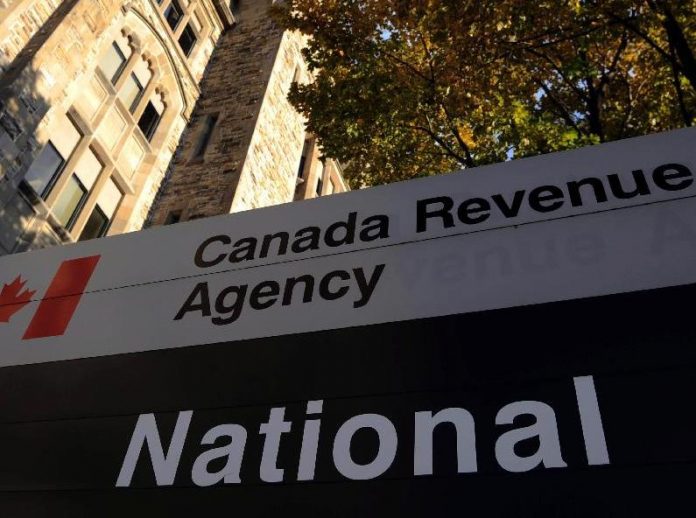IF you’re an international student studying in Canada and a resident for tax purposes, you could get benefit and credit payments that can help with your cost of living. Check out the Canada Revenue Agency’s 3-minute benefits and credits video for everything you need to know about benefit and credit payments in Canada.
Many Canadians receive benefit and credit payments, and you could too. Once you’ve applied, you will need to file your income tax and benefit return each year to continue to receive them.
| Goods and services tax/harmonized sales tax (GST/HST) credit | → Every three months, eligible individuals may get money to help offset what they pay in GST/HST |
| Canada Carbon Rebate | → Every three months, eligible individuals may get money to help offset the cost of the federal carbon pollution pricing (note that this rebate was previously known as the Climate action incentive payment) |
| Canada child benefit (CCB) | → Every month, eligible individuals may get money to help with the cost of raising a child |
There are also provincial or territorial payments that may help with your costs.
STEP 1: Apply for a social insurance number
STEP 2: Apply for benefits and credits
Check your eligibility for the GST/HST credit or CCB on the benefits, credits, and taxes for newcomers web page and complete these forms:
- If you have children: fill out and sign Form RC66, Canada Child Benefits Application and include Form RC66SCH, Status in Canada and Income Information for the Canada Child Benefits Application.
- If you do not have children: fill out and sign RC151 GST/HST Credit and Climate Action Incentive Payment Application for Individuals Who Become Residents of Canada (note that this rebate has been renamed the Canada Carbon Rebate, but you can still use this form to apply).
STEP 3: You and your spouse or common-law partner (if applicable) must each continue to file a tax return every year to keep receiving the payments you are eligible for.
In Canada, individuals are responsible for completing and filing their personal tax return. As an international student, you may need to file a return whether you stay in Canada part-time or are here year-round, even if you do not have any income in Canada. You will also need to file a return to continue to receive the benefit and credit payments you are eligible for.
Most international students who study or carry out research in Canada establish residential ties with Canada, are considered residents of Canada for income tax purposes and may need to file a Canadian tax return.
Your residency status determines your income tax obligations to Canada. Note that your residency status can be different from your immigration status. For tax purposes, international students studying in Canada are typically considered one of the following:
- resident (includes students who reside in Canada only part of the year)
- non-resident
- deemed resident
- deemed non-resident
Residency status is based on the residential ties you have with Canada. Residential ties can include having a home in Canada, a spouse or common-law partner, or a dependent who is moving to Canada to live with you. Other residential ties can include having:
- Canadian bank accounts or credit cards
- a Canadian driver’s license
- health insurance with a Canadian province or territory
You may be considered a deemed resident of Canada if you have not established significant residential ties, but you stayed in Canada for 183 or more days in the year.
If you return to your home or another country on a regular basis or for large portions of the calendar year and you do not have significant residential ties with Canada, you may be considered a non-resident of Canada for income tax purposes.
Read more about residential ties and determining your residency status.
Learn about your taxes is a free online learning tool designed to help you understand what taxes are, how to do them, and what’s in it for you. We want to empower people to do their own taxes and to make sure they know about the benefit and credit payments they could be eligible for. We have 5-minute lessons, fun quizzes, and quick videos on everything you need to know.
You can check out our new podcast: Taxology. We simplify the world of taxes, since it can be confusing! We’ll help you understand Canadian taxes, including how to prepare for tax season, explain different savings accounts to help kick-start your savings, and introduce you to the platform economy.
Want to know more about benefit and credit payments? We have resources designed with newcomers in mind:
- Benefits and credits factsheet (10 languages available)
- Benefits and credits infographic (10 languages available)
- Benefit and credit payment dates reminders electronic mailing list
- Tax information newsletter for individuals
- Free virtual webinar for newcomers to Canada on the importance of filing taxes, benefit and credit payments and other helpful services offered by the Canada Revenue Agency (CRA)
- Charlie the chatbot is available on the CRA homepage and many of our other webpages on Canada.ca













